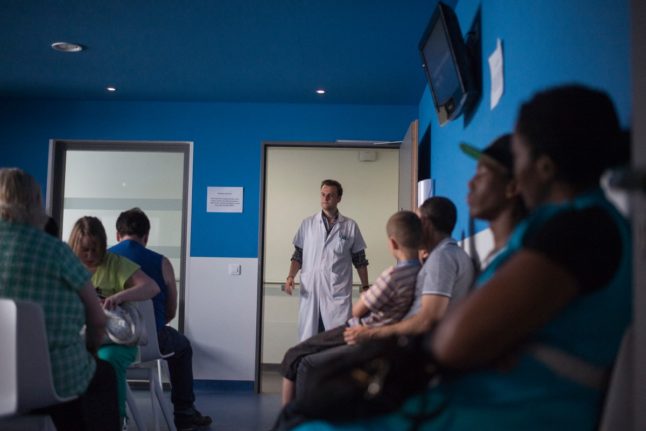The fine was one of several measures announced by Prime Minister Gabriel Attal to boost a health service struggling to keep up with increasing demands from an ageing and growing population.
“We cannot allow this,” Attal said of the 27 million consultations that the main doctors’ union says are wasted each year by patients not turning up.
Attal said the measure could free up between 15 million and 20 million appointments for other patients.
He said a law allowing a “mechanism for responsibility” would be put to parliament and that the government wanted the penalty to start from January 1.
The money would be paid by any person failing to turn up for an appointment or who gives less than 24 hours notice.
Individual doctors will decide if the reason for missing an appointment was good enough to avoid the financial penalty.
The prime minister will also seek to increase the number of students finishing high-pressure medical training in a bid to answer a critical shortage of doctors.
He said the number of students entering the second year of medical degrees would rise from 10,000 a year in 2023 to 12,000 in 2025 and 16,000 in 2027.
Medicine is considered one of the toughest university degrees in France with up to a third of students dropping out at the end of the first year.
Officials acknowledged that the change may only affect the French health service from 2035 because of the time it takes to train doctors.
Attal told a press briefing that there would also be an experiment from next year to allow patients to make appointments with some specialists without being referred by a general doctor — which is the current rule.
The proposal was criticised by the main union for general practitioners, MG France, which insisted “it will not solve anything” as there is the same shortage of specialists as for generalists.
Attal’s advisors said action was critical as getting reliable access to a doctor was one of the main gripes of French voters.



 Please whitelist us to continue reading.
Please whitelist us to continue reading.
Member comments